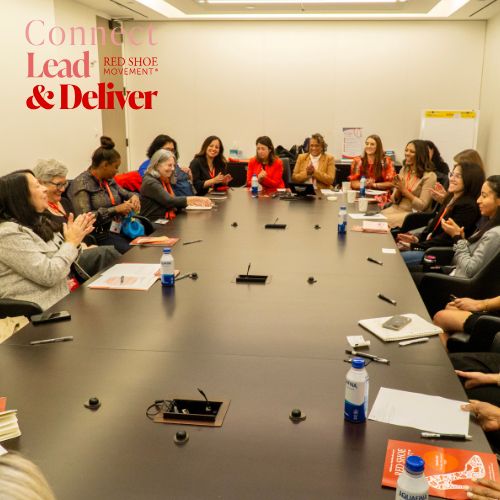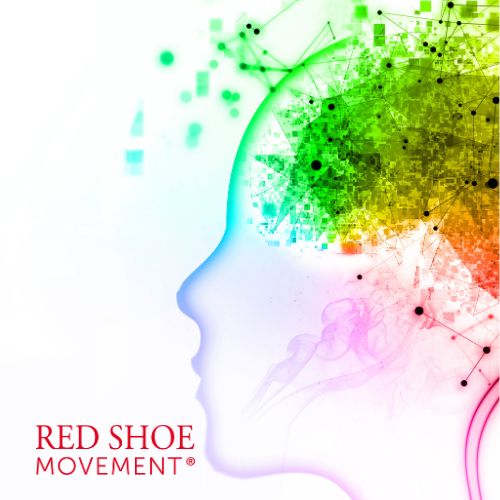In a world where the workplace and other essential spaces are becoming far more heterogeneous and diverse, it’s time to ask ourselves: what is the role of cultural intelligence? And why should we care about developing it as a personal and professional skill?
Through cultural intelligence individuals can not only interact effectively with people from other cultures and in different cultural contexts but appreciate important distinctions and how these may influence both work and social situations among colleagues.
Also referred to as cultural quotient (CQ), cultural intelligence has become a vital part in helping organizations foster a stronger, more collaborative, and more productive work environment. Where employees of different cultures have better relationships not just among themselves, but with clients and customers around the world. Just like relationships require a certain amount of emotional intelligence to thrive, interacting in a global workplace, with people who have different views, customs, and cultural experiences, requires cultural intelligence.

What is Cultural Intelligence?
An article by Christopher Earley and Elaine Mosakowski for the Harvard Business Review defines it as “an outsider’s seemingly natural ability to interpret someone’s unfamiliar and ambiguous gestures the way that person’s compatriots would.” In CQ: Developing Cultural Intelligence at Work, Earley teams up with Soon Ang and Joo-Seng Tan and says cultural intelligence is “a person’s capability for successful adaptation to new cultural settings, that is, for unfamiliar settings attributable to cultural context.”
Earley and his collaborators assert cultural intelligence “picks up where emotional intelligence leaves off” and deals with people and situations in unfamiliar surroundings.
The Art of Intercultural Communication
In business, among many other benefits, cultural intelligence leads to better relationships between coworkers, better communication with customers, and it can even improve sales across some markets. It helps people navigate complexities within different cultures and this fosters better, more open relationships, where people and their creativity can thrive.
Why Is it Good for Business?
Cultural intelligence has become a big asset and companies are looking for people who can prosper along with their multi-cultural teams. People with high cultural intelligence can help create the necessary environment to drive up creativity and innovation within businesses, thanks to their ability to incorporate different resources and multiple perspectives in multi-cultural workplaces.
Forbes reports that “employees who possess a high level of cultural intelligence play a vital role in bridging divides and knowledge gaps in an organization: educating their peers about different cultures; transferring knowledge between otherwise disparate groups; helping to build interpersonal connections and smooth the interpersonal processes in a multicultural workforce.”

The Three Sources of Cultural Intelligence
Cultural Intelligence has three components: the cognitive, the physical, and the emotional/motivational. While not all managers will excel in all three components, the best we can hope for is some sort of balance between the three. It doesn’t really work with two out of three since each element significantly depends on the other two to succeed.
1Head (cognitive): Learning about other cultures as well as your own and taking the time to observe and draw your own conclusions about not just particularities, but similarities too. Learning about where you come from will help you have a more analytical view that doesn’t always comes naturally to natives.
2Body (physical): You can’t just learn about different cultures. The way you act and behave around them can say a lot about your willingness to understand another culture. In fact, by adopting some of the habits and mannerisms that define them or are particular to them, you can develop a small understanding of what it’s like to be them.
3Heart (emotional/motivational): Confidence is a key element to help people stay motivated. You must be comfortable enough to make mistakes and learn from them instead of giving up out of fear of saying or doing the wrong thing.
Think Personal Projects Are a Luxury?

Seven Important Elements to Keep in Mind
1Self-awareness: Understand your cultural background and be honest about cultural biases and assumptions. You should also learn about your own culture and how it’s perceived by others.
2Curiosity: Be curious about all the big and little details that define people of different cultures. Read up on their history and discover their literature. Look for newspapers online, plan a movie night with movies and tv shows written/directed/produced by the culture you’re looking to learn about, and get out and find opportunities to talk to people from other cultures with an open mind.
3Commitment: Developing cultural intelligence is a commitment to keep learning, keep growing, and to allow yourself time and patience to understand these things don’t just happen overnight. It won’t always be simple and it’s important not to give up.
4Flexibility: New cultural experiences require you to adapt and adjust to new scenarios. You’ll have to be flexible to reshape and integrate what you learn into your identity. Also, things won’t always go as planned so just go with the flow.
5Openness: Be open to meeting people, eating new foods, going new places, experimenting new flavors and feelings. Be open to looking at experiences from other point of views while setting your own aside. Try to see things from their perspective without filtering everything through what you know of your own culture.
6Relationships: Build close relationships with people from other cultures. Just like there’s nothing quite like seeing a place through a local’s perspective, experiencing a culture through someone who is excited to teach you about it can give you a more intimate understanding and help you develop cultural intelligence.
7Humility: Accept that you won’t know everything, and that you are likely to take some missteps as you work on developing a stronger cultural intelligence. Make sure you’re paying attention and learn from mistakes without losing your motivation.

























































































































































































